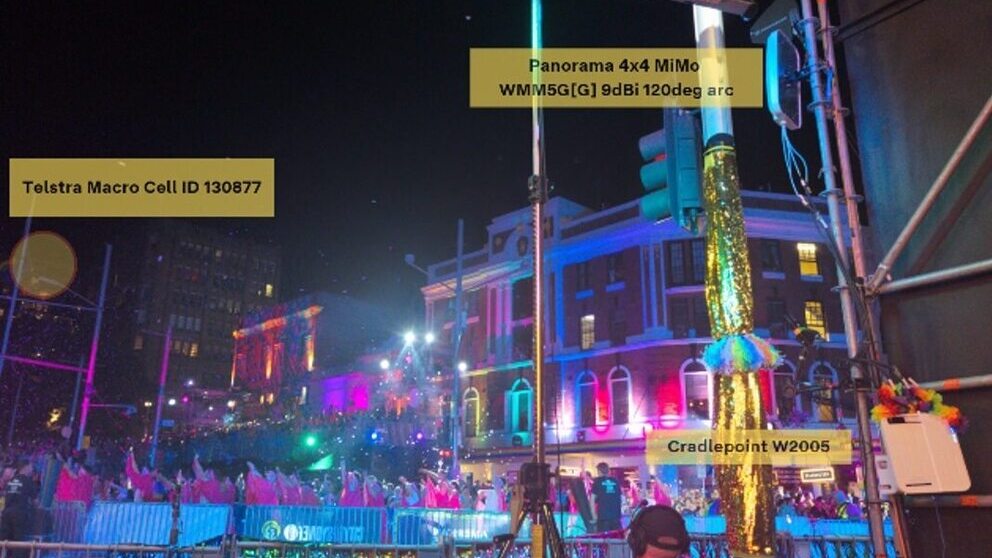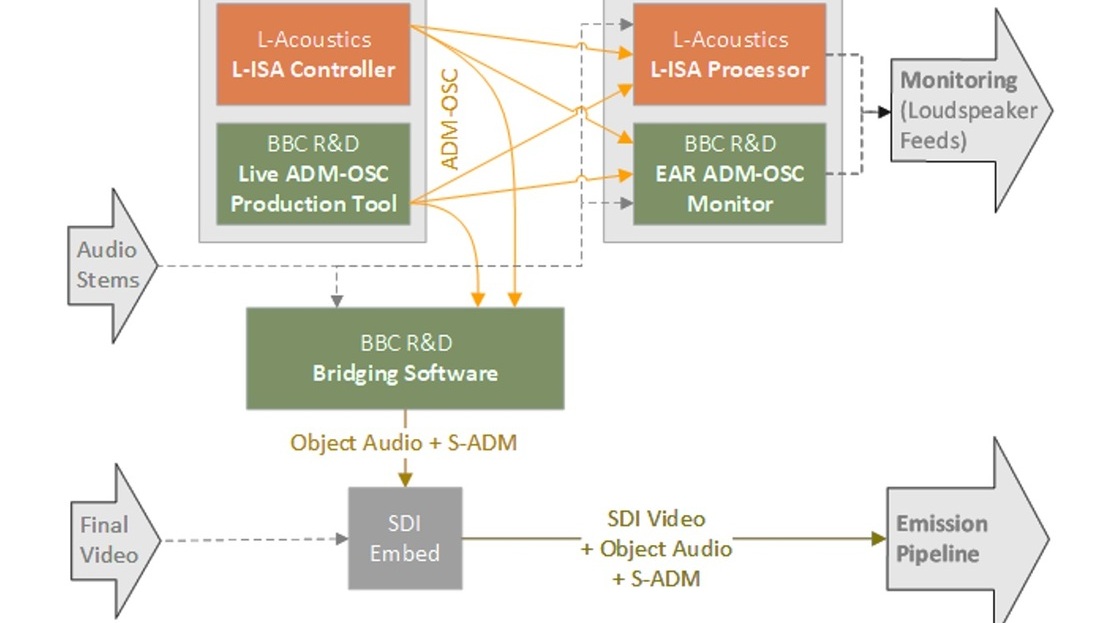The requirement to develop sustainable broadcast platforms that support global net-zero targets increases year on year. This paper discusses initiatives developed by the BBC and Arqiva to reduce power consumption in their terrestrial DAB broadcast network. In some cases, it is possible to improve efficiency without complete replacement of the transmitters. Improvements in transmitter technology now allow optimisations to be considered that were not practical previously. Modern transmitter design often takes advantage of Doherty techniques and power supply optimisation. However further reductions may be possible, going beyond previous assumptions, with negligible effect on consumer reception.
Many broadcasters have recently developed carbon reduction and net-zero strategies. Reducing energy consumption will help meet net-zero targets with significant financial and carbon reduction savings. The BBC has recently published its carbon reduction strategy and plans to reduce its energy consumption on UK terrestrial platforms by 28% by 2030. The BBC terrestrial transmission networks in the UK are owned and operated by its transmission partner Arqiva who together with the BBC are investigating a range of energy saving initiatives.
However, measures taken must be proportionate to the benefits whilst maintaining minimal impact on the audience. Improving the efficiency of the terrestrial networks can be achieved by deploying new, more efficient transmitters but it can be preferable to optimise existing, already operational equipment. Improving existing equipment avoids the carbon impact and cost of replacement. Finally, efficiency measures must maintain compliance with regulatory requirements and must not compromise the long term reliability of equipment.
This work evaluates the opportunity for a trade-off between modulation quality and energy consumption. The impact of modulation error ratio (MER) on DAB reception has been investigated through theoretical modelling and validated using laboratory testing with channel simulation. The results from these studies show that...
You are not signed in.
Only registered users can view this article.

IET announce Best of IBC Technical Papers
The IET have announced the publication of The best of IET and IBC 2024 from IBC2024, once again showcasing the groundbreaking research presented through the papers. The papers have been selected by IBC’s Technical Papers Committee for being novel, topical, analytical and well-written and which have the potential to make a significant impact upon the media industry. 327 papers were submitted this year, and after a rigorous selection process this publication features the ten papers deemed by the judges to be the best.

Technical Papers 2024 Session: 5G Case Studies – public network slicing trials and striving for low latency
In this session from IBC2024, Telestra Broadcast Service and the BBC present their work 5G Case Studies as part of the IBC Technical Papers.

Technical Papers 2024 Session: AI in Production – training and targeting
In this session from IBC2024, three authors from NHK, Viaccess-Orca and European Broadcasting Union present their work on the application of AI to media production as part of the IBC Technical Papers.

Technical Papers 2024: Audio & Speech – advances in production
In this session from IBC2024, two authors present their work on Audio Description and implementing Audio Definition Model as part of the IBC Technical Papers.

Technical Papers 2024 Session: Advances in Video Coding – encoder optimisations and film grain
In this session from IBC2024, IMAX, MediaKind, Fraunhofer HHI and Ericsson present their work on video coding, as part of the IBC Technical Papers
